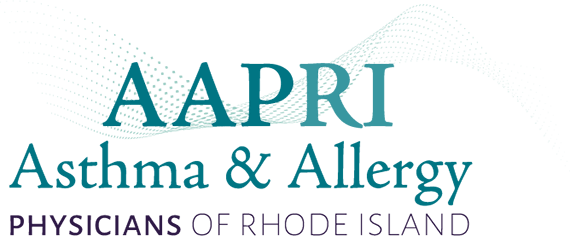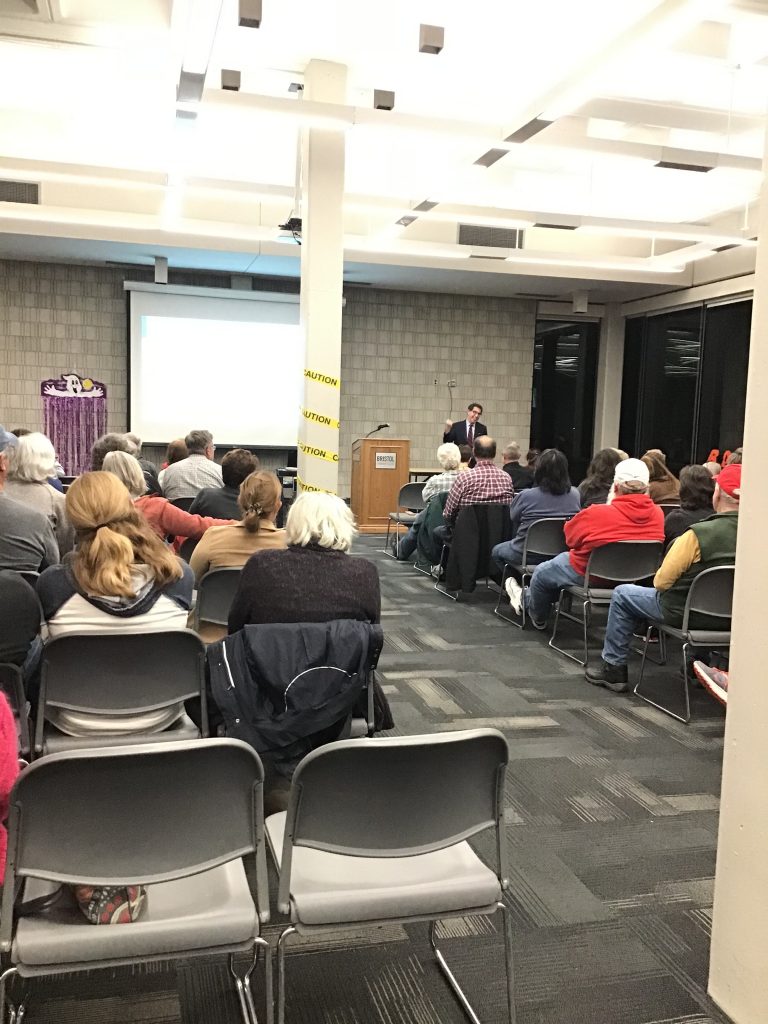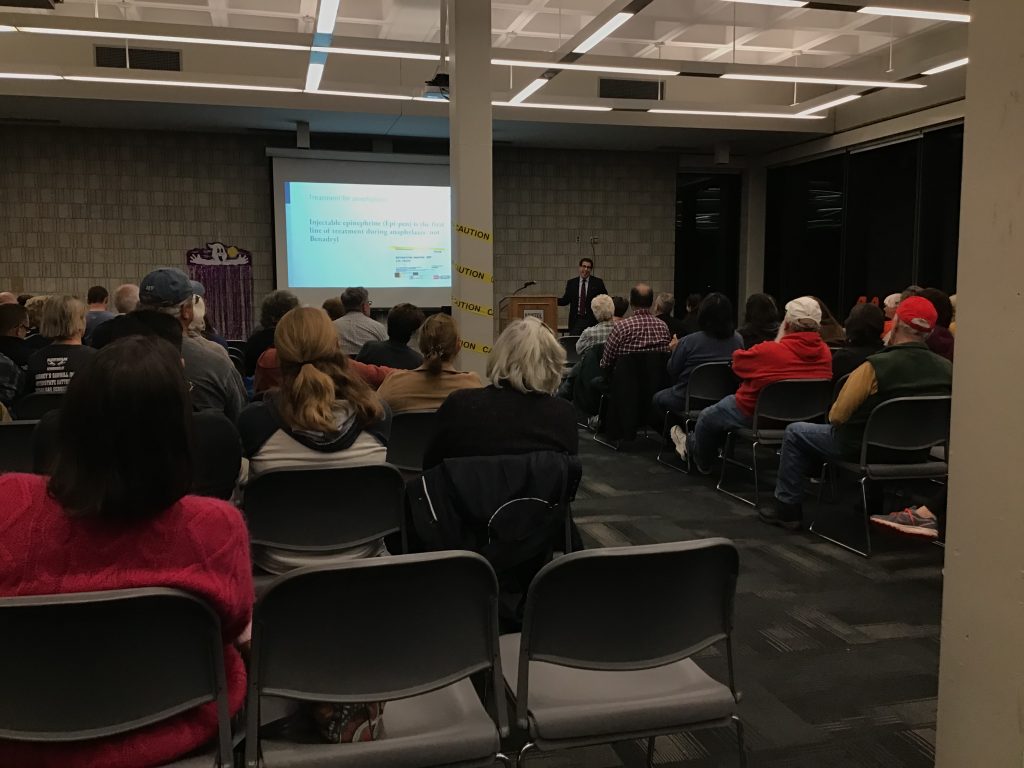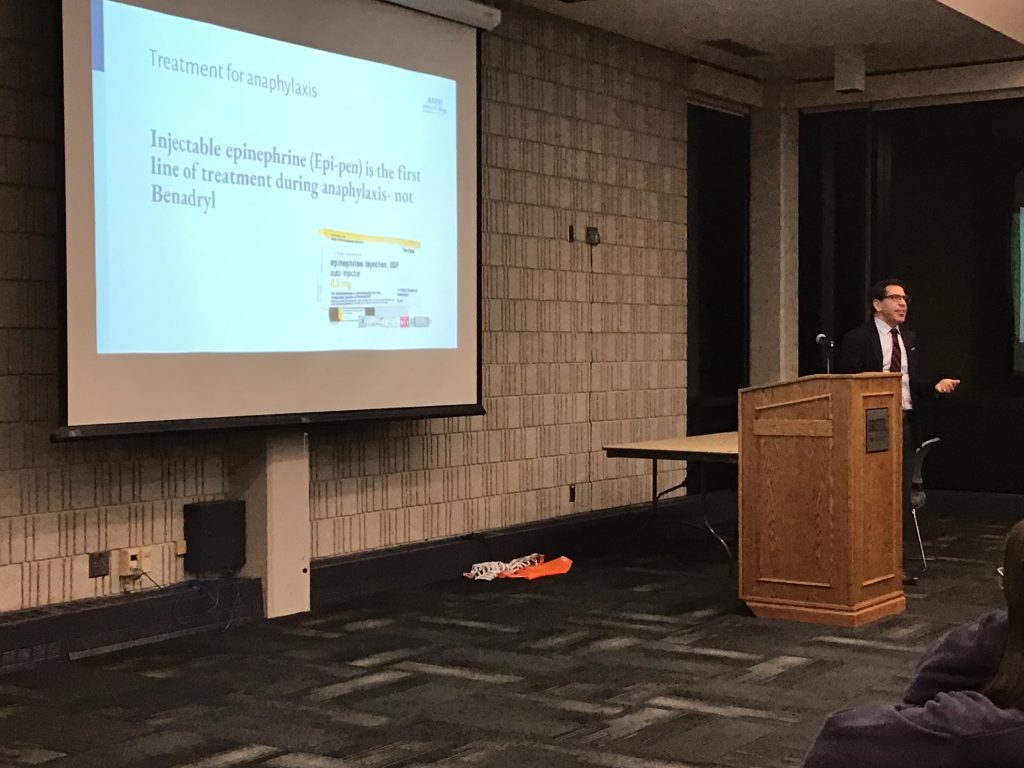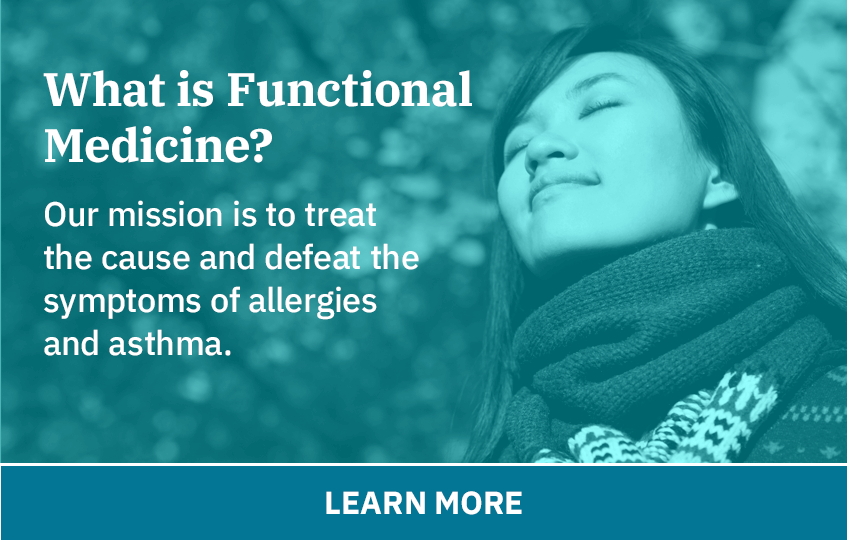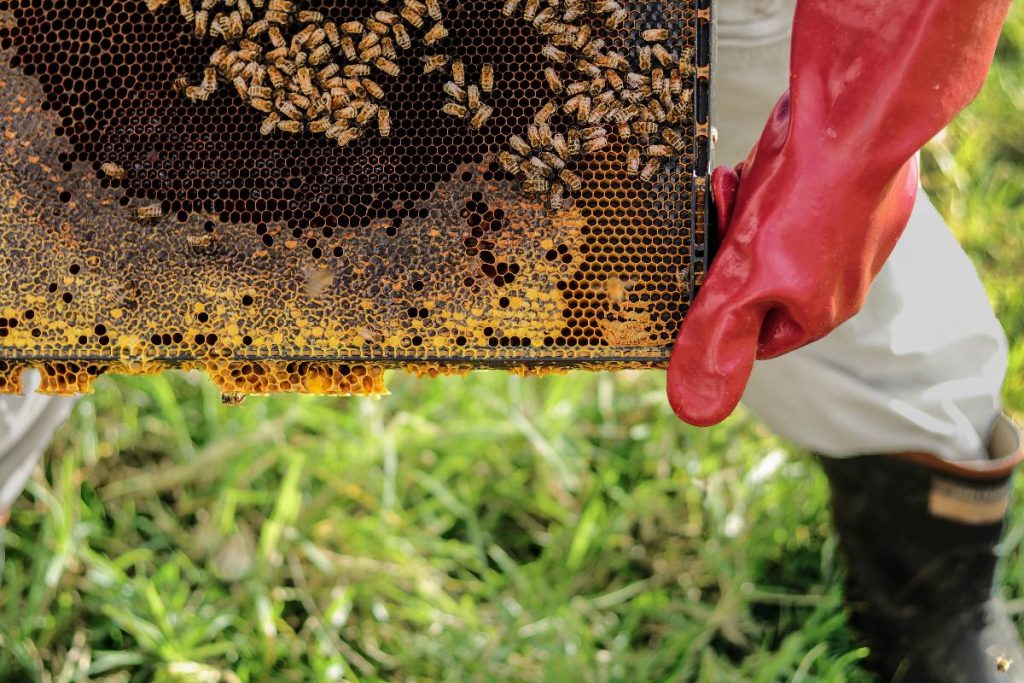
Recently, AAPRI’s own Dr. Z was asked to give a talk at the Bristol County Beekeepers Association. The mission of the Massachusetts organization is to “collaborate & educate to preserve the future of honeybees.” Members fulfill their mission by supporting local beekeepers and promoting responsible apiculture (beekeeping) through mentoring, community outreach, and educational programs, including an annual Bee School that is designed to get aspiring beekeepers started.
Promoting safe, enjoyable beekeeping
Beekeepers often have questions about health and safety as it relates to bee stings and bee sting allergies. Having a medical professional visit to talk about these matters can be very valuable, according to Nikki Gardella, a spokesperson for the Bristol Community Beekeepers Association: “We are thrilled to have Dr.Z help close the knowledge gap on how bees and bee byproducts can affect the human body. This talk helps us to educate ourselves and our customers of the health considerations surrounding one of nature’s most valuable resources.”
Bee sting and allergy awareness
Dr. Z was on hand to provide information and tips for beekeepers to safely enjoy their hobby. “Testing and treatment for bee sting injuries has changed over the years. So has our understanding of the boundaries between reactions, allergies, and sensitivities to bee stings,” he said. “It’s important for beekeepers to be aware of how the medical community approaches this issue.”
Bee pollen and bee products
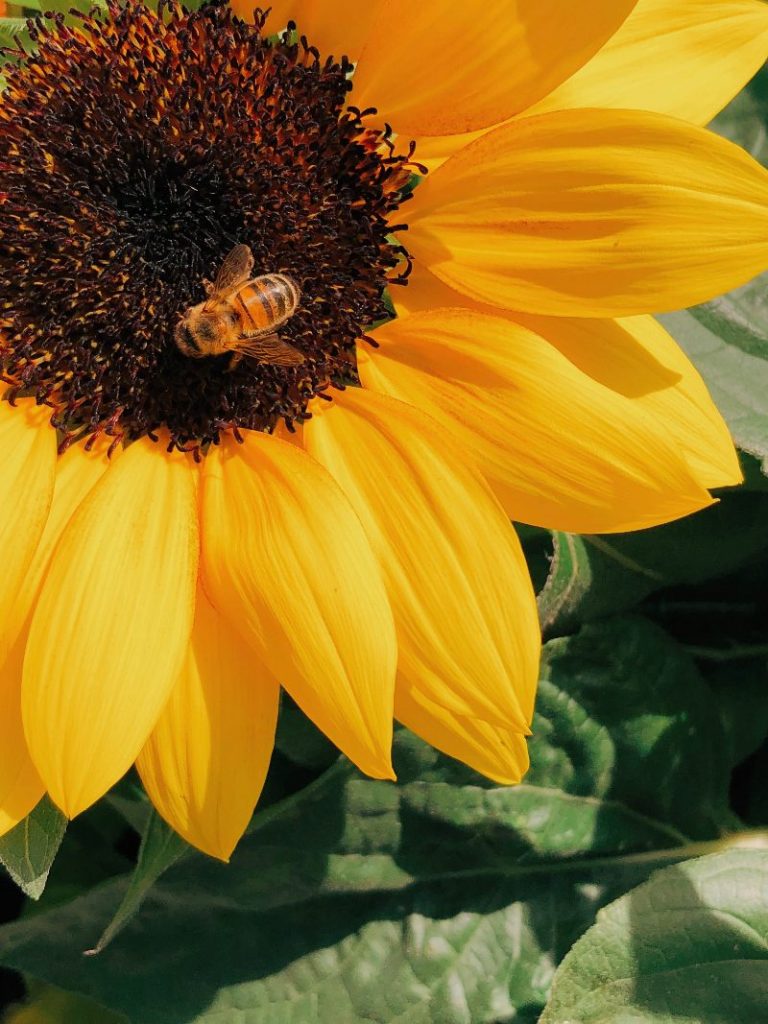
Dr. Z also talked about bee pollen and raw honey, which are lately in vogue as treatments for the symptoms caused by seasonal allergies. As an M.D. who is also certified in functional medicine, Dr. Z praised bee pollen as “incredibly healthy, full of vitamins, minerals and antioxidants.” He also talked about its role in functional medicine. (Taking propolis, a component of honey, is thought to have benefits for the microbiome and the immune system.)
However, bee pollen is not for everyone. There is always the possibility of risk in patients with pollen and bee sting allergies. Dr. Z advised beekeepers to proceed with care. He also cautioned, “Bee pollen or raw honey may be able to mitigate seasonal allergies such as an allergy to pollen, but it will not fix a bee sting allergy!”
Conclusion
Dr. Z was thrilled to have the opportunity to address beekeepers about safe beekeeping practices and bee sting allergy awareness. “Beekeeping is not only a fun hobby, it’s an important way to sustain our bee population,” he said. “I am glad I could provide information to help beekeepers in their quest to preserve and protect this important natural resource.”
